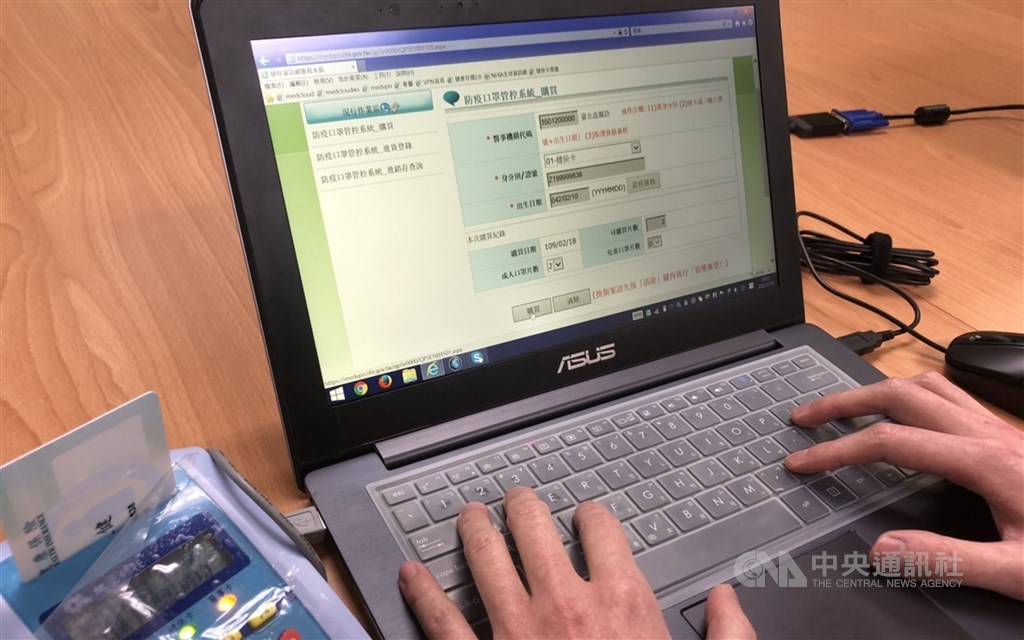Taiwan's integration of the country's electronic health records system with immigration data enabled its targeted response to COVID-19, the International Hospital Federation (IHF) said in a report that used Taiwan as a case study.
The report offered insights into how hospitals can embrace new ways of delivering health care while responding to the evolving coronavirus pandemic, and Taiwan's case was highlighted to show the importance of information sharing and access in achieving results.
The strategy adopted by Taiwan's National Health Insurance Administration (NHIA) to share information through MediCloud, its cloud databank, to control the pandemic was a key factor in Taiwan's success in capping COVID-19 outbreaks and deaths, the IHF said.
"Although the system was not initially designed to stop a pandemic, it was nimble enough to be reoriented toward one," said the report, published by the IHF Beyond COVID-19 Task Force on Dec. 17.
To help the system identify potential cases, the NHIA installed COVID-19 risk indicators in the MediCloud system related to travel footprints, occupations, contacts and clusters.
By linking MediCloud, which provides health care providers and patients with real-time access to health records, with border entry and exit data uploaded from the National Immigration Agency, the NHIA created a centralized, real-time alert system for potential COVID-19 cases, according to the report.
"These automatic system alerts allow health care providers to obtain patients' travel history, high-risk occupation, contact history, and clustering at mass gatherings in real-time, enabling a more efficient triage and accurate diagnosis of COVID-19," the report said.
"This enhancement to the MediCloud system has been vital to Taiwan's precision testing strategy, which is efficient in testing a small but critical number of people, instead of mass testing."

Taiwan's health insurance system a model for pandemic response: IHF - Focus Taiwan
Taipei, Dec. 25 (CNA) Taiwan's integration of the country's electronic health records system with immigration data enabled its targeted response to COVID-19, the International Hospital Federation (IHF) said in a report that used Taiwan as a case study.

